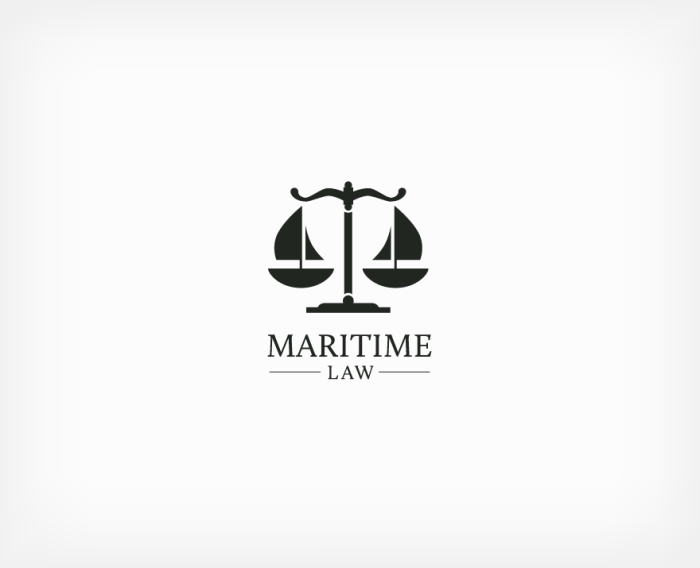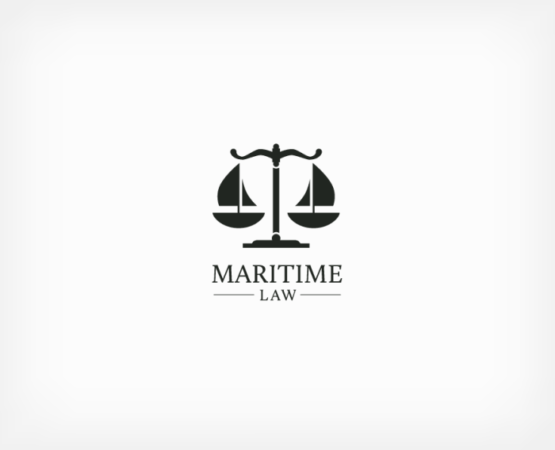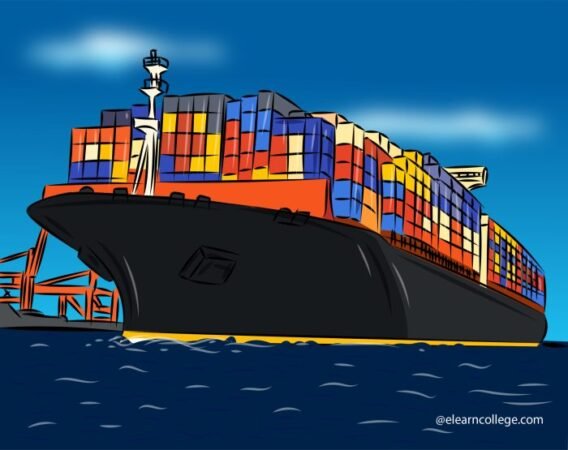
London University’s maritime law program stands as a beacon of legal expertise in the dynamic world of shipping and international trade. This program offers a rich history, tracing its roots back to a time when London’s port played a pivotal role in global commerce. The curriculum is meticulously designed to equip students with a deep understanding of maritime regulations, contracts, and dispute resolution, preparing them for diverse and rewarding careers.
Students explore specialized areas such as shipping law, encompassing everything from vessel ownership and chartering to cargo handling and liability. Marine insurance, a crucial component of maritime commerce, is also thoroughly examined, providing insights into risk assessment, policy drafting, and claims management. Furthermore, the program delves into the intricacies of international maritime law, equipping students with the knowledge to navigate the complexities of global maritime regulations and conventions.
Introduction to Maritime Law at London University

While a dedicated, singular “Maritime Law” program with a long, traceable history isn’t explicitly advertised by University College London (UCL) or other major London universities in the same way as some specialized law schools, maritime law is a significant component within their broader LLM (Master of Laws) programs and is often incorporated into specific modules within undergraduate law degrees. The study of maritime law in London benefits from the city’s historical and ongoing importance as a global shipping hub. This influence permeates the curriculum and research conducted within the relevant departments.
The curriculum structure varies depending on the specific program. Generally, maritime law topics are integrated within broader commercial law, international law, and dispute resolution modules. Students might encounter aspects of maritime law through case studies examining shipping contracts, admiralty jurisdiction, salvage, marine insurance, and international conventions like the UNCLOS (United Nations Convention on the Law of the Sea). The depth of coverage depends on the chosen specialization within the LLM or the specific undergraduate modules selected.
Curriculum Structure and Key Areas of Study
The study of maritime law at London universities typically isn’t a stand-alone program but is incorporated into existing law programs. Key areas of study often include: shipping contracts (charterparties, bills of lading); admiralty jurisdiction and procedure; maritime liens and mortgages; collision and salvage; marine insurance; carriage of goods by sea; international conventions relating to maritime law (e.g., UNCLOS, Hague-Visby Rules, York-Antwerp Rules); and dispute resolution mechanisms in maritime disputes (arbitration, litigation). These topics are explored through a combination of lectures, seminars, case studies, and potentially some practical exercises simulating real-world maritime scenarios.
Notable Faculty Members and Their Areas of Expertise
Identifying specific faculty members solely dedicated to maritime law across all London universities requires extensive research beyond the scope of this brief overview. However, many renowned professors in commercial law, international law, and dispute resolution at institutions like UCL, King’s College London, and the London School of Economics often incorporate significant maritime law content into their teaching and research. Their expertise often overlaps, with some specializing in areas like international trade law (which heavily intersects with maritime transport), contract law (crucial for analyzing shipping agreements), and international dispute resolution (relevant to maritime litigation and arbitration). Detailed faculty profiles are readily available on the respective university websites.
Specializations within the Maritime Law Program

The Maritime Law program at London University offers several specializations, allowing students to tailor their studies to specific career interests within the maritime industry. These specializations provide focused knowledge and practical skills relevant to diverse roles, from legal counsel for shipping companies to international arbitration specialists. The choice of specialization significantly influences the career path and the types of opportunities available after graduation.
The core curriculum provides a solid foundation in fundamental maritime law principles. However, the specialized modules build upon this foundation, equipping students with the advanced knowledge and expertise required for success in their chosen field. This detailed breakdown will explore the key differences between these specializations.
Shipping Law
Shipping law focuses on the legal aspects governing the ownership, operation, and chartering of vessels. Students gain expertise in areas such as ship registration, maritime contracts (e.g., charterparties, bills of lading), collision liability, and salvage. The coursework includes detailed analysis of relevant international conventions and national legislation. Career paths include working for shipping companies, law firms specializing in maritime law, or as in-house counsel for port authorities. Key skills acquired include contract drafting and negotiation, legal research, and dispute resolution. A strong understanding of commercial law is also crucial.
Marine Insurance
This specialization provides a comprehensive understanding of marine insurance principles, practices, and the legal framework surrounding it. Students delve into various types of marine insurance policies (hull and machinery, cargo, P&I), claims handling, and the role of insurers and brokers. The coursework explores the intricacies of policy interpretation, coverage disputes, and the legal processes involved in resolving insurance claims. Graduates are well-suited for careers with insurance companies, claims adjusting firms, or as legal counsel for businesses involved in marine insurance. Essential skills include risk assessment, policy analysis, and strong communication skills to interact with clients and stakeholders.
International Maritime Law
International maritime law encompasses the legal regime governing international shipping, including aspects of jurisdiction, maritime boundaries, environmental protection, and the enforcement of international conventions. Students develop expertise in international treaties like the UN Convention on the Law of the Sea (UNCLOS) and other relevant instruments. This specialization often involves comparative law analysis, considering how different jurisdictions approach maritime issues. Career paths may include working for international organizations, government agencies dealing with maritime affairs, or in international arbitration. Key skills involve international legal research, cross-cultural communication, and understanding the complexities of international legal frameworks. A strong command of a second language is often advantageous.
Final Wrap-Up
London University’s maritime law program is more than just an academic pursuit; it’s a gateway to a fascinating and vital field. By combining rigorous academic study with a focus on practical application, the program empowers graduates to become leaders and innovators in the maritime industry. Whether navigating complex legal challenges or shaping the future of global shipping, graduates are well-equipped to make a significant impact on the world stage. The program’s dedication to excellence and its emphasis on practical skills ensures its graduates are highly sought-after professionals in the maritime sector.
FAQ Guide
What career paths are open to graduates of this program?
Graduates can pursue careers as maritime lawyers, insurance professionals, shipping executives, and international maritime arbitrators, among other roles.
What is the admission process like?
The admission process typically involves submitting an application, academic transcripts, and potentially letters of recommendation. Specific requirements can be found on the London University website.
Are there opportunities for internships or practical experience?
Many programs incorporate internships or work placements to provide practical experience in the field. Check the university’s website for details on current opportunities.
What is the program’s reputation among employers?
London University’s maritime law program enjoys a strong reputation for producing highly skilled and knowledgeable graduates, making its alumni highly sought after by employers worldwide.





